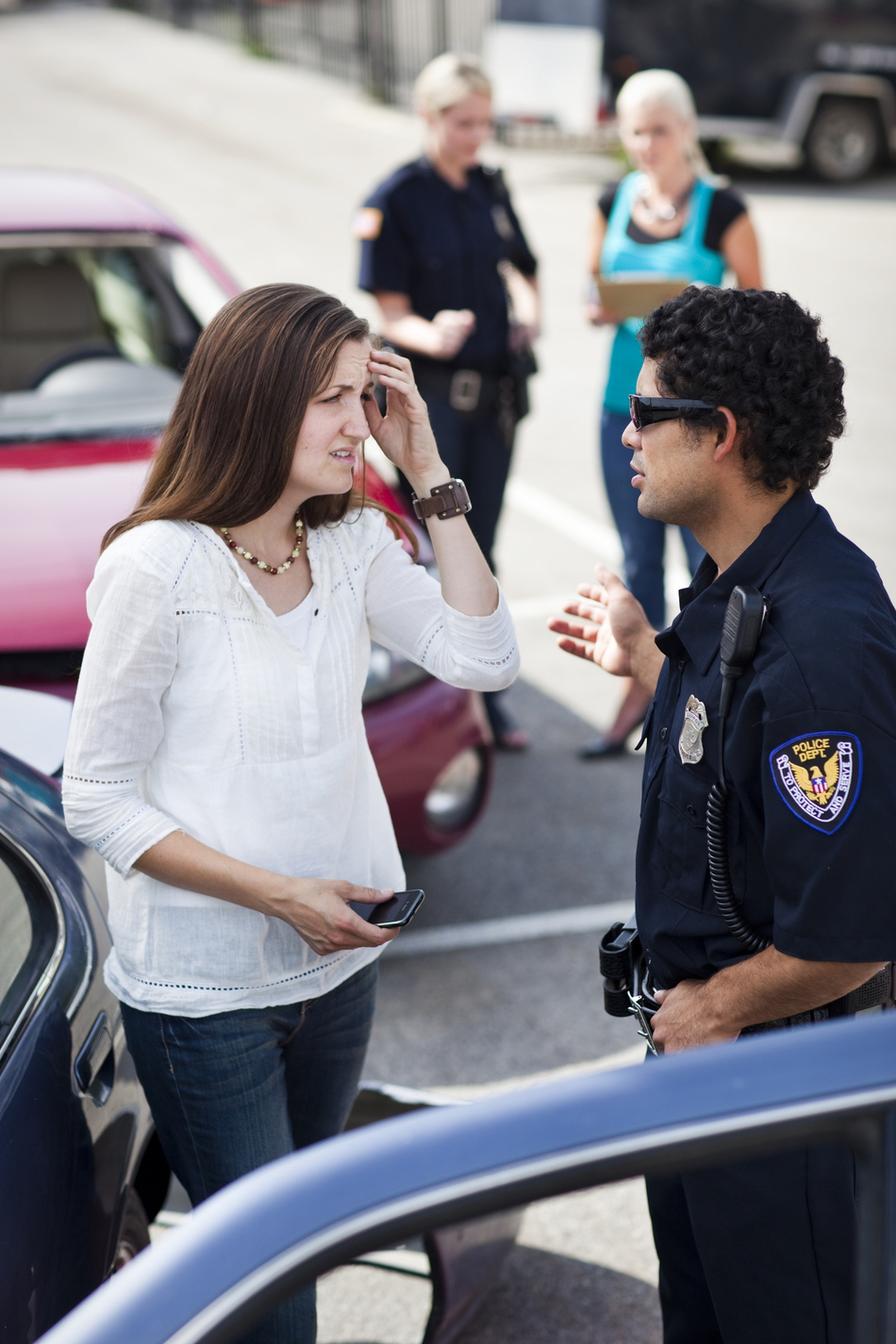Episode Transcript
Interviewer: You're in a car accident and the paramedics ask if you need to go to the ER. ER or Not? That's coming up next on The Scope.
Announcer: Is it bad enough to go to the emergency room or isn't it? You're listening to ER or Not on The Scope.
Interviewer: So I don't know how often this would happen. We're with Dr. Troy Madsen, emergency room physician at University of Utah Healthcare, but I was talking to somebody and they said they were in a car accident one time and the paramedics actually said, "Do you need to go to the ER?" How do you answer that question? That's today's ER or Not.
Dr. Madsen: That is a great question because, my suspicion, if a paramedic is asking you if you need to go to the ER, they probably think you don't need to, but they want to make sure you have that option. Now, there may be exceptions to that. But my experience is a paramedic will call me when they think someone needs to go to the ER and that person refuses, and then we just have to confirm that person's capable of making their own decisions and they can refuse transport. So if they're telling you, "You really want to go to the ER?" they're probably thinking maybe you don't need to.
So the way I would answer that question, I'm thinking to myself, "Okay, am I concerned about any sort of head injury? Anything I might need a CT scan for? Is my abdomen hurting?" Again, a reason you might need a CT scan, to look for some sort of an organ injury. Anything I might need x-rays for? Is my arm hurting? My legs? You might be able just to get away with going to an urgent care for those sorts of things.
One of the biggest things in my mind after a car accident is neck pain. Very serious thing. If you had a whiplash injury and, potentially, have an injury to the spine, those are all things if I were having those symptoms, I would say, "I should probably go to the ER, get things checked out, and make sure things are okay there."
Interviewer: But if you're not experiencing those symptoms and you feel fairly confident, then probably okay? What about the next day, then all of a sudden pain comes on? Is that a different kind of pain then, normally?
Dr. Madsen: It often is. Usually, that pain that hits you the next day is from some of the musculoskeletal pain, maybe not a broken bone, but just being tensed up in that accident. Maybe you hit against something and you're going to have to gauge it. You could get away with going to an urgent care for some x-rays or to get checked out. But, usually, if you've gotten through that first day okay, you're not having nausea, vomiting, confusion, really no other pain elsewhere, probably more likely some bumps and bruises, and you're going to be fine.
Announcer: Want The Scope delivered straight to your inbox? Enter your email address at thescoperadio.com and click "Sign Me Up" for updates of our latest episodes. The Scope Radio is a production of University of Utah Health Sciences.
